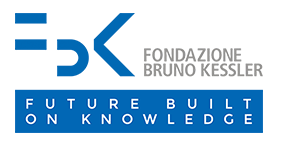The ecological transition will have very significant, often disruptive impacts on all levels of society. Digital technologies play a crucial role in this context, both as a support to climate change mitigation actions, which aim at drastically reducing the impact of society on the environment (reduction of emissions, transition of social and production systems towards sustainable processes), and as a climate change resilience tool, i.e. supporting the adaptation of society to current and expected climate changes, in order to limit their negative impacts and exploit their benefits.
The FBK Digital Society Center has numerous competencies and technological ‘assets’ developed over the years that play a strategic role in addressing the challenges posed by the ecological transition:
- Supporting the understanding and prediction of climate change through models and algorithms for a multi-scale and spatio-temporal analysis of the phenomena;
- Facilitating the resilience and adaptation of communities to climate change and its consequences not only in environmental but also in socio-economic terms, through innovative approaches and tools to support participatory design and governance of transition processes;
- Promoting citizens’ awareness and the adoption of more sustainable habits through digital motivational systems for the implementation of awareness-raising campaigns and behavioural change in different application contexts and targeting different target groups.

SMART ERA upgrades and co-desigs, co-develops, and co-validates with local communities innovative smart solutions to tackle socio-economic & environmental challenges, fostering a community-led path to sustainable development

HD-MOTION accelerates the development of enabling technologies by driving the digitalisation of sustainable mobility and transport services, with a specific focus on Italy’s transition to cleaner, more efficient transportation systems.

The project aims to overcome the current silo approach in evaluating climate change impacts and risks across sectors and adaptation and mitigation policies and measures, by developing an integrated common assessment framework consistent across scales.
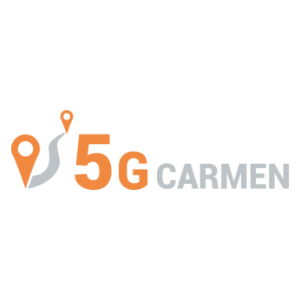
Focusing on the Bologna-Munich corridor, it leverages on the most recent 5G advances to provide a multi-tenant platform that supporting the automotive sector to deliver safer, greener, and more intelligent transportation with the ultimate goal of enabling self-driving cars.
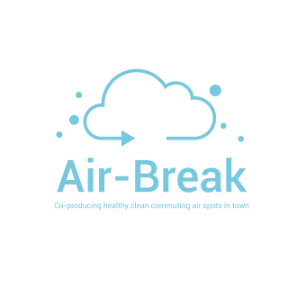
AIRBREAK tackles air quality issues in Ferrara, such as commuting issues, lack of urban greenery, lack of detailed and updated information about air quality, with an evidence/data based strategy and citizen-centric approach, integrating a set of innovative and tailor-based solutions.

It paves the way towards the transformation of carbon supplied cities into Smart, high efficient, intelligent and citizen oriented ones, developing urban technical green solutions and innovative business models, integrating the buildings, mobility and energy domains through ICT.

The project aims to create an intermodal network of sustainable mobility in the province of Ferrara (Italy). Main goal is the valorisation of the landscape and its transport network, combining both infrastructural interventions and citizens’ behavior change campaigns.
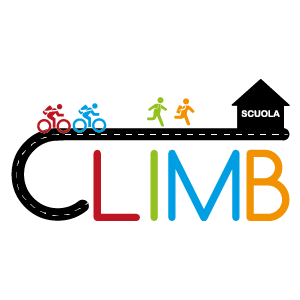
The CLIMB Ferrara project aims for the reduction of cars in front of the school, congesting vehicular traffic, but more than this want to improve health and safety of children, while at the same time supporting families in their daily need to bring children at school.
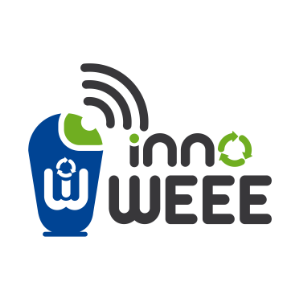
It aims at efficient processes for the valorisation of Waste Electrical and Electronic Equipment, both through the regeneration and re-use of still usable devices, and the correct recycling and evaluation of valuable materials that can be reintroduced into the production cycle.
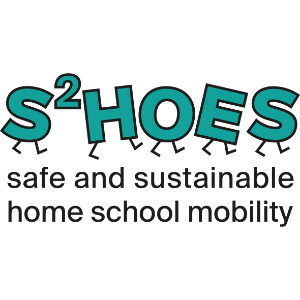
The S2HOES pilot project aims to assess whether the application of modern information and communication technologies as well as a gamification approach in the classroom can motivate more children to travel to school in an active, safe and sustainable way.

SMASH was a powerful and innovative web-based platform to enhance spatial data analysis about sustainable mobility in more than 10 pilot cities: the project contributed to a modal shift towards sustainable mobility and to a parallel reduction on CO2 emissions.

SMALL set up the framework to steer the Europe-wide mobility ecosystem towards the “mobility as a service” model: open up more opportunities to mobility operators to offer new services, and provide citizens more flexible and personalized mobility solutions.

It delivered a disruptive business solution for a clean and congestion-free last mile logistics in urban areas, addressing the increasing traffic of goods for private and business consumers, the livability of city centers, the need of reducing operational costs for logistic operators.
